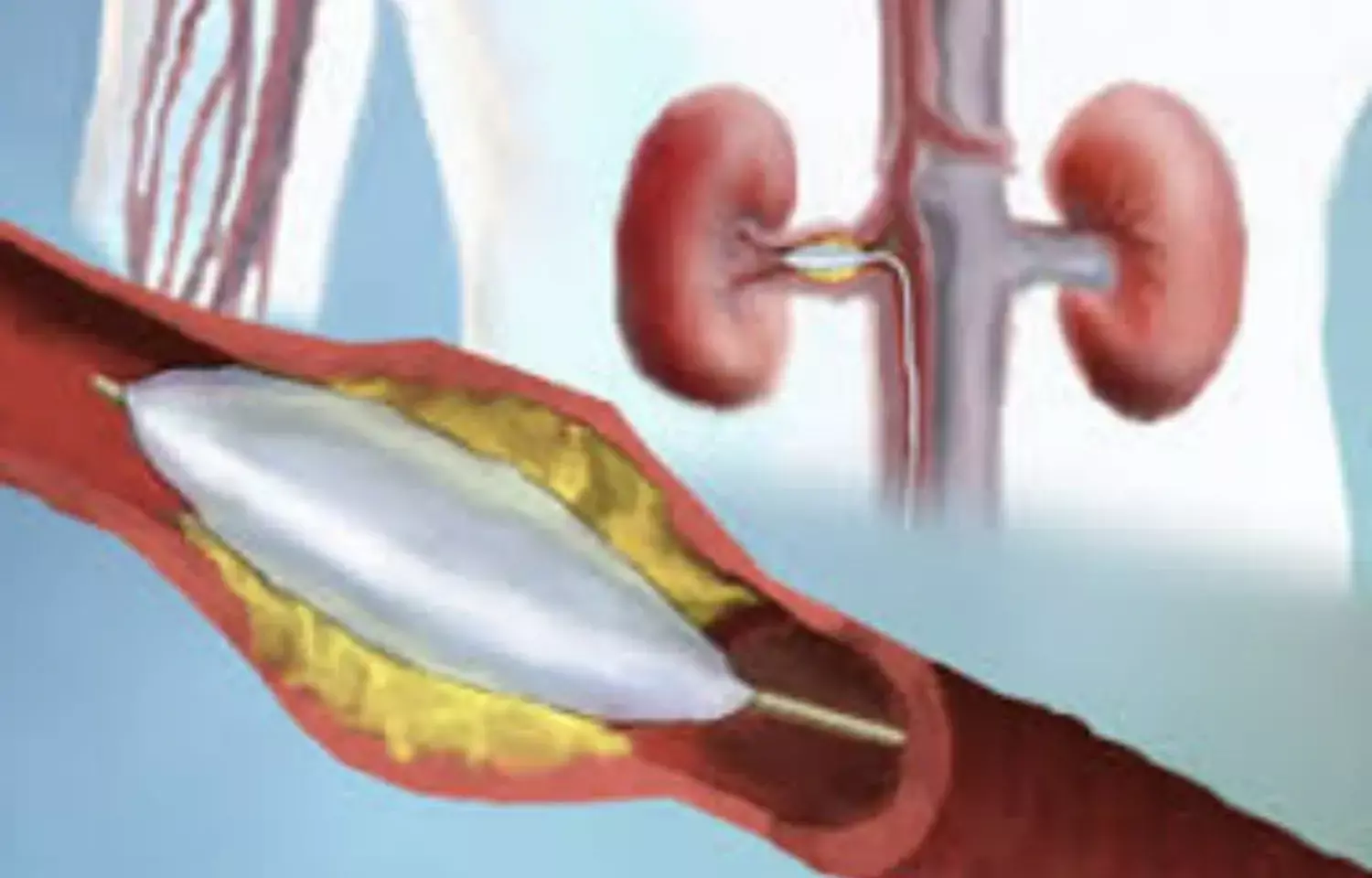- Home
- Medical news & Guidelines
- Anesthesiology
- Cardiology and CTVS
- Critical Care
- Dentistry
- Dermatology
- Diabetes and Endocrinology
- ENT
- Gastroenterology
- Medicine
- Nephrology
- Neurology
- Obstretics-Gynaecology
- Oncology
- Ophthalmology
- Orthopaedics
- Pediatrics-Neonatology
- Psychiatry
- Pulmonology
- Radiology
- Surgery
- Urology
- Laboratory Medicine
- Diet
- Nursing
- Paramedical
- Physiotherapy
- Health news
- Fact Check
- Bone Health Fact Check
- Brain Health Fact Check
- Cancer Related Fact Check
- Child Care Fact Check
- Dental and oral health fact check
- Diabetes and metabolic health fact check
- Diet and Nutrition Fact Check
- Eye and ENT Care Fact Check
- Fitness fact check
- Gut health fact check
- Heart health fact check
- Kidney health fact check
- Medical education fact check
- Men's health fact check
- Respiratory fact check
- Skin and hair care fact check
- Vaccine and Immunization fact check
- Women's health fact check
- AYUSH
- State News
- Andaman and Nicobar Islands
- Andhra Pradesh
- Arunachal Pradesh
- Assam
- Bihar
- Chandigarh
- Chattisgarh
- Dadra and Nagar Haveli
- Daman and Diu
- Delhi
- Goa
- Gujarat
- Haryana
- Himachal Pradesh
- Jammu & Kashmir
- Jharkhand
- Karnataka
- Kerala
- Ladakh
- Lakshadweep
- Madhya Pradesh
- Maharashtra
- Manipur
- Meghalaya
- Mizoram
- Nagaland
- Odisha
- Puducherry
- Punjab
- Rajasthan
- Sikkim
- Tamil Nadu
- Telangana
- Tripura
- Uttar Pradesh
- Uttrakhand
- West Bengal
- Medical Education
- Industry
Renal artery stenting improves clinical outcomes in high-risk atherosclerotic renovascular disease: JAHA

Denmark: Renal artery stenting is associated with significant improvements in overall clinical profile at both 3 and 24 months, states a recent study published in the Journal of the American Heart Association. This is a prospective cohort study of well‐defined high‐risk patients with severe atherosclerotic renal artery stenosis established after the CORAL (Cardiovascular Outcomes in Renal Atherosclerotic Lesions) trial.
The study demonstrated a reduction in blood pressure and antihypertensive medication, a decrease in new hospital admissions attributable to heart failure/sudden pulmonary edema, and an increase in estimated glomerular filtration rate.
Mark Reinhard, Department of Clinical Medicine, Aarhus University, Denmark, and colleagues aimed to prospectively evaluate the effects of renal artery stenting in consecutive patients with severe atherosclerotic renal artery stenosis and high‐risk clinical presentations as defined in a national protocol developed in 2015.
Since the initiation of the protocol, 102 patients have been referred for revascularization in accordance with the following high‐risk criteria: severe renal artery stenosis (≥70%) with true resistant hypertension, rapidly declining kidney function or recurrent heart failure/sudden pulmonary edema.
The study revealed the following findings:
- At baseline, the mean 24‐hour ambulatory systolic blood pressure was 166.2 mm Hg, the defined daily dose of antihypertensive medication was 6.5, and the estimated glomerular filtration rate was 41.1 mL/min per 1.73m2.
- In 96 patients with available 3‐month follow‐up data, mean 24‐hour ambulatory systolic blood pressure decreased by 19.6 mm Hg, the defined daily dose of antihypertensive medication was reduced by 52%, and the estimated glomerular filtration rate increased by 7.8 mL/min per 1.73m2. All changes persisted after 24-month of follow‐up.
- Among 17 patients with a history of hospitalization for acute decompensated heart failure, 14 patients had no new episodes after successful revascularization.
"Renal artery stenting may be beneficial in carefully selected patients with severe atherosclerotic renal artery stenosis and high‐risk clinical presentations, but this needs to be confirmed in randomized clinical trials," wrote the authors.
The findings are in support of the current US guideline from the Society for Cardiovascular Angiography and Interventions, that recommends renal artery stenting in patients with hemodynamically significant atherosclerotic renal artery stenosis when there is concomitant cardiac destabilization syndromes, resistant hypertension, or progressive ischemic nephropathy, as compared with the more restrictive European guideline.
Reference:
Reinhard M, Schousboe K, Andersen UB, Buus NH, Rantanen JM, Bech JN, Mafi HM, Langfeldt S, Bharadwaz A, Hørlyck A, Jensen MK, Jeppesen J, Olsen MH, Jacobsen IA, Bibby BM, Christensen KL. Renal Artery Stenting in Consecutive High-Risk Patients With Atherosclerotic Renovascular Disease: A Prospective 2-Center Cohort Study. J Am Heart Assoc. 2022 Apr 5;11(7):e024421. doi: 10.1161/JAHA.121.024421. Epub 2022 Mar 24. PMID: 35322677.
Dr Kamal Kant Kohli-MBBS, DTCD- a chest specialist with more than 30 years of practice and a flair for writing clinical articles, Dr Kamal Kant Kohli joined Medical Dialogues as a Chief Editor of Medical News. Besides writing articles, as an editor, he proofreads and verifies all the medical content published on Medical Dialogues including those coming from journals, studies,medical conferences,guidelines etc. Email: drkohli@medicaldialogues.in. Contact no. 011-43720751


